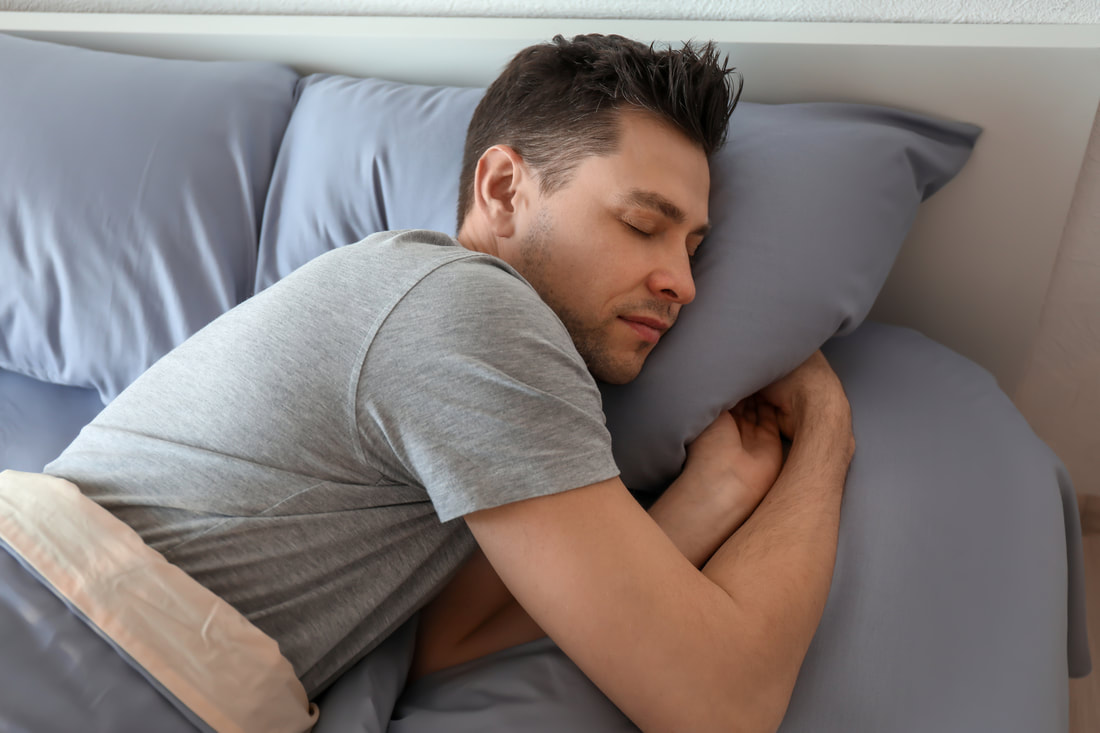Getting a good night's sleep is essential for our health and well-being, especially as we age. But for many older adults, getting enough sleep can be a struggle. If you're having trouble sleeping, here are some tips to help you get better quality sleep.
Wind Down Before Bed
It's important to wind down before bed to get better sleep when you're older. Try to establish a relaxing bedtime routine, such as taking a warm bath, reading a book, or listening to calming music. Avoid using electronic devices like smartphones or tablets, as blue light can interfere with your body's natural sleep-wake cycle. Instead, try reading a physical book or listening to soothing music to help you relax. If you can, establish a consistent bedtime routine that will help your body and mind prepare for sleep. Make sure to practice some light stretching or yoga poses before bed to relax your muscles and ease tension. Finally, avoid caffeine and alcohol at least four hours before going to sleep.
Block Out the Light
Light can also interfere with your sleep, especially as you get older. Invest in light-blocking shades or curtains to keep sunlight out so you can even get some sleep while the sun still shines. Light-blocking shades keep sunlight out so you can even get some sleep while the sun still shines. You may also want to consider using an eye mask to block out any remaining light in your bedroom. Another way to use light-blocking curtains or shades is to invest in blackout curtains or blinds. Blackout curtains are designed to be thicker and denser so that no amount of outside light can come through them, making them great for people who work nights and sleep during the day. Blackout curtains can also be helpful for people who live in bright city environments with streetlights or neighbors that have bright lights. Investing in blackout curtains or window shades will ensure you get the restful sleep you need.
Stay Active
Staying active during the day is another way to improve your sleep at night. Regular physical activity can help regulate your sleep-wake cycle and improve your overall health. Even a brisk walk around the block or some light stretching can help. It's important to avoid intense exercise close to bedtime, as it can interfere with your ability to fall asleep. Instead, aim to exercise at least 30 minutes a day and try to get that activity in earlier in the day. Regular physical activity can help improve your overall mood and leave you feeling more relaxed when it’s time for bed. It can also help reduce stress, which can be another cause of insomnia. Being active during the day may leave you feeling more tired come nighttime and make it easier to fall asleep.
Getting enough sleep is crucial for our physical and mental health, especially as we age. If you're struggling to get enough sleep, try winding down before bed, blocking out light in your bedroom, and staying active during the day. These tips can help improve your sleep quality and overall well-being. Remember, it's never too late to make positive changes to your sleep habits.
Did You Enjoy Reading This Article? Here’s More to Read: FACTORS TO CONSIDER BEFORE MOVING

 RSS Feed
RSS Feed
